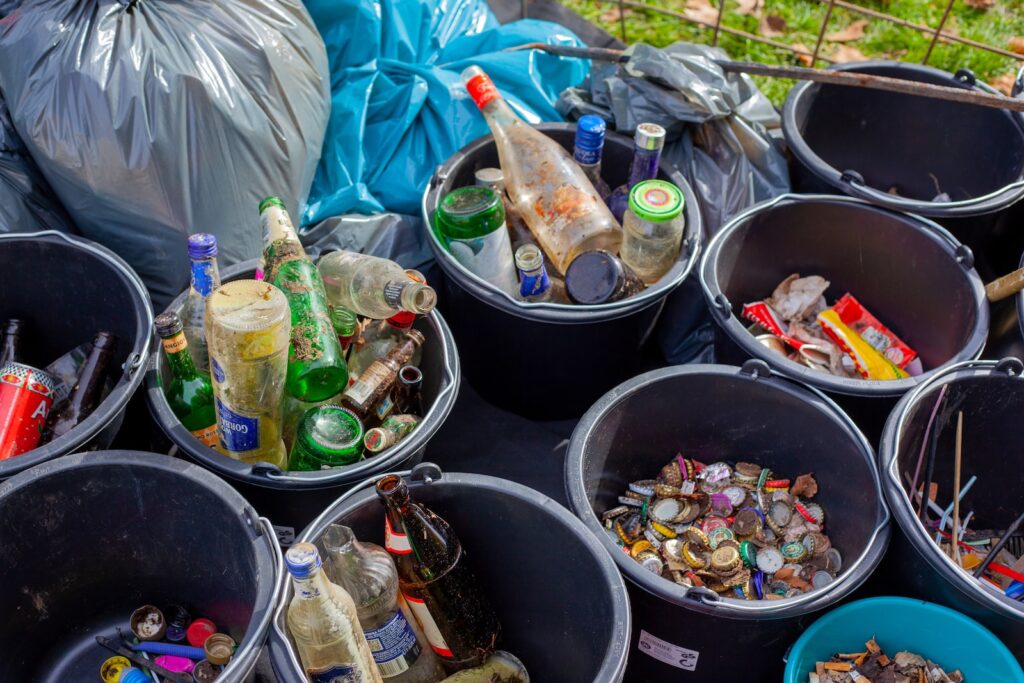Nearly a fifth of waste unrecyclable due to contamination
Nearly one fifth of waste in England and Wales can’t be recycled due to contamination, according to new research by leading waste management company Biffa.
Using climate non-profit WRAP’s waste collection data between 2016 and 2020, Biffa analysed the contamination rate, based on the amounts of non-target and non-recyclable materials entering UK material recycling facilities (MRFs).
In 2016, the average contamination rate was 13.4%, rising to 17% by the end of 2020 – an increase of 3% in as many years.
Findings reflected results from a recent WRAP survey which found four in five recycle items they shouldn’t, as Biffa found evidence of ‘wishcycling’, when people assume an item can be recycled when it can’t.
In 2020, recyclable items placed in the wrong bin accounted for 6.5% of contaminated waste, while non-recyclables made up 10.4%.

David Heaton, Business Director of MRFs and PRFs at Biffa, said: ‘It’s important that people understand what should go in the recycling bin and how to ‘pre-cycle’ beforehand (to rinse a tub or tray if it’s got food on it, for example) so we can recycle as much material as possible. Business leaders can play a crucial role here – educating their workforce through signage and engaging waste experts will drive a positive change, while helping them hit their sustainability targets.
‘Should the alarming trajectory we’re seeing continue, contamination rates could reach nearly one quarter of all recycling by 2030 without legislative intervention. EPR (Extended Producer Responsibility – making producers responsible for the cost of managing packaging waste) – and consistent kerbside collections are actions planned by the Government to be introduced from 2024. However, without these changes in legislation, recycling and contamination rates are unlikely to improve. All being well though, we could see a step up from businesses and consumers.’
The waste management company suggests people learn what each recycling symbol means and what plastics can be recycled, according to their resin codes.
Biffa is also calling for people to stop ‘wishcycling’, by becoming better informed on what can be recycled, and to use the proper recycling centres to dispose of electrical items.
Recently the Big Plastic Count found UK households are throwing away an estimated 1.85 billion pieces of plastic a week, making up 96.57 billion pieces a year.
Photo by Jasmin Sessler












